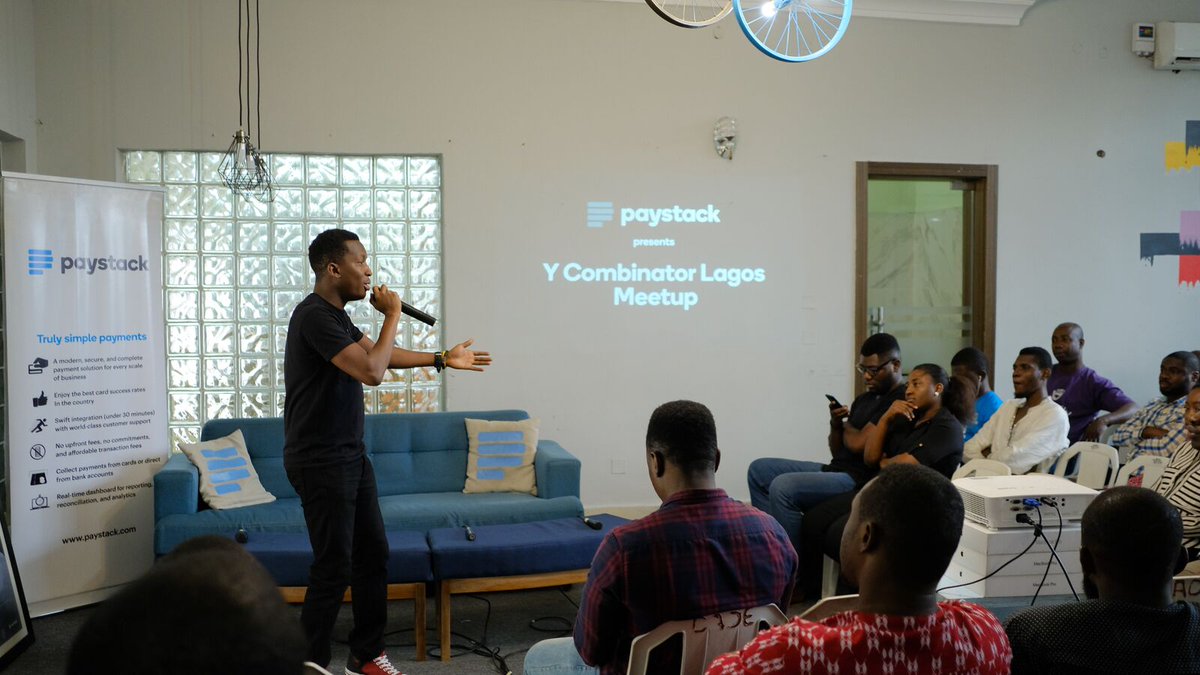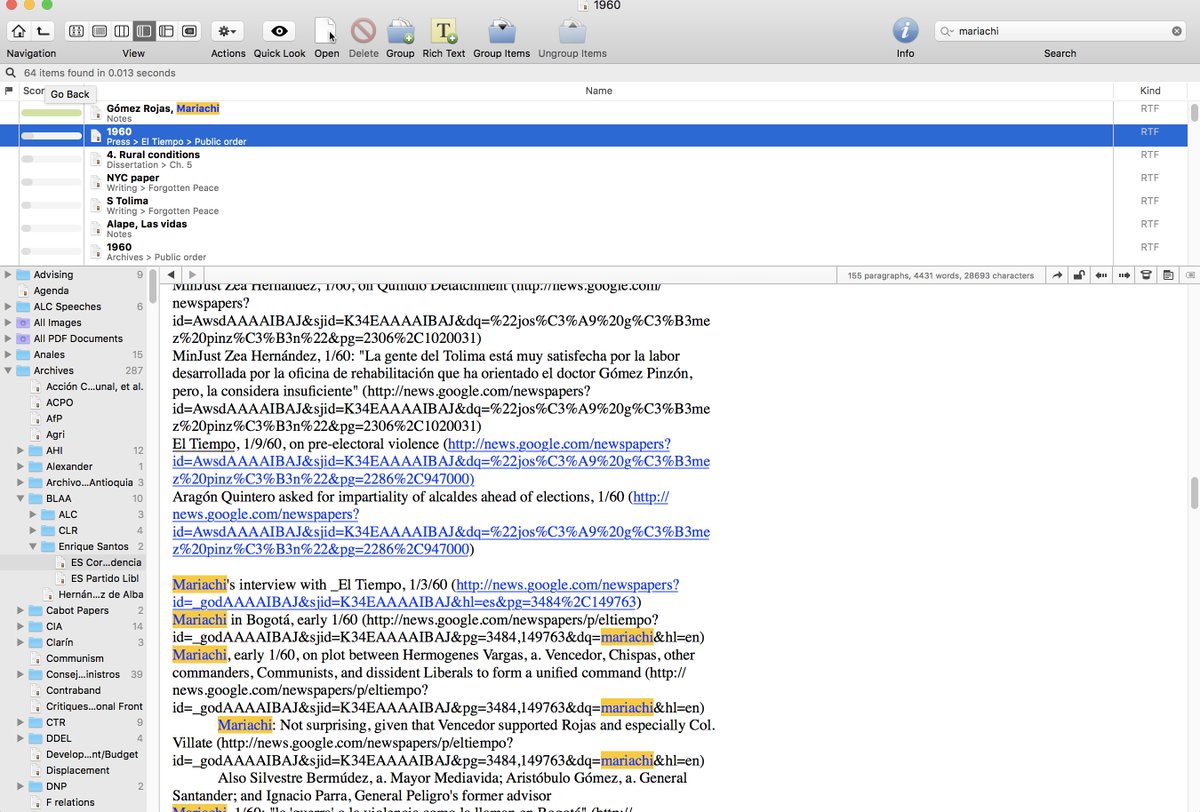Dear PhD students and advisors: with input from @jscottclayton @peterbergman_ @amrasabicPHD and our students, I put together a collection of advice and best practices for thriving in a PhD, with a focus on econ and related fields.
This thread is the tl;dr version
Note: tons of this came from twitter and other internet pals. While I try to cite as many people as possible, some names are probably not named. Sorry! Thank you anyway!
Alright, here goes:
The PhD gives you time and space to pick up valuable skills. Here are some:
- Learn how to code (Stata + one of [R,Python,Matlab].
- Learn how to present your work. Jesse Shapiro’s slides are a great resource for this: brown.edu/Research/Shapi…;
- Learn how to present yourself (meetings, smiles, handshakes, etc.). Read this book, twice: amazon.com/Pitch-Perfect-…
- Invest in organization/time management/personal effectiveness by reading and experimenting. Getting Things Done by @gtdguy is great, but a lot to take in. Start with the incremental suggestions from lifehackers like @james_clear
You are going through a pressure cooker. Take care of yourself. Mental health, physical health, and hard work are complements in creating research and getting you a great job.
Three sub-messages here:
- National Graduate Student Crisis Line: 1-800-GRAD-HLP or 1-800-472-3457
- National Suicide Prevention Lifeline: 1-800-273-8255
Longer-term resources:
- Your university’s health center website will have instructions on how to set up a counseling session
- Columbia’s can be found here: health.columbia.edu/content/counse…
This is a hugely important input into how productive you will be, from energy levels to happiness.
1. Find an exercise routine that works for you and stick to it
2. Eat well / avoid eating crap. (see message 2)
3. Take sleep seriously
Much of the PhD is trying hard at something, failing, then learning from profs/peers/the internet what you did wrong. Don’t take it personally when you fail. It is part of the process.
Corollary 2: celebrate all wins. Problem set turned in? Dance. Test finished? Treat yourself. Paper submitted? Party time
Set working hours for when you come to the office/library/sit down at your home desk, when you leave, what days you are working and what days you are taking off. Make it regular.
A lot of us (🙋♂️) come in thinking that sometime in the PhD, magic fairy dust gets sprinkled on you and you *become* an economist/quantitative social scientist. That’s not how it works. How it actually works: you work hard...
This is the normal process and there is no shortcut, but you aren't alone. Remember messages 3 and 4: take care of yourself, and normalize struggle and failure.
To a first approximation, don’t worry about your grades in classes beyond passing. Focus on generating ideas, getting feedback, turning the first good idea into a paper, and repeating the process.
Your job is to gain skills that potential employers value. In picking a topic, you have three criteria to satisfy: does it excite you? Is it interesting to the people who might hire you? Will completing it teach you skills they value?
There are all sorts of careers you can do with a PhD in economics/public policy/econ of ed. There’s no one right answer. Figure out what is the best fit for you, and chase that ferociously.
The process is tough. For everyone. Be nice to yourself. Be nice to your neighbors. Be nice to strangers. You will improve human welfare and generate goodwill towards you. And, with practice, it feels good. END.
Please keep the suggestions coming - tweet, DM, email (eble@tc.columbia.edu) - I will make regular updates to the guidebook and aim for big improvements over time





